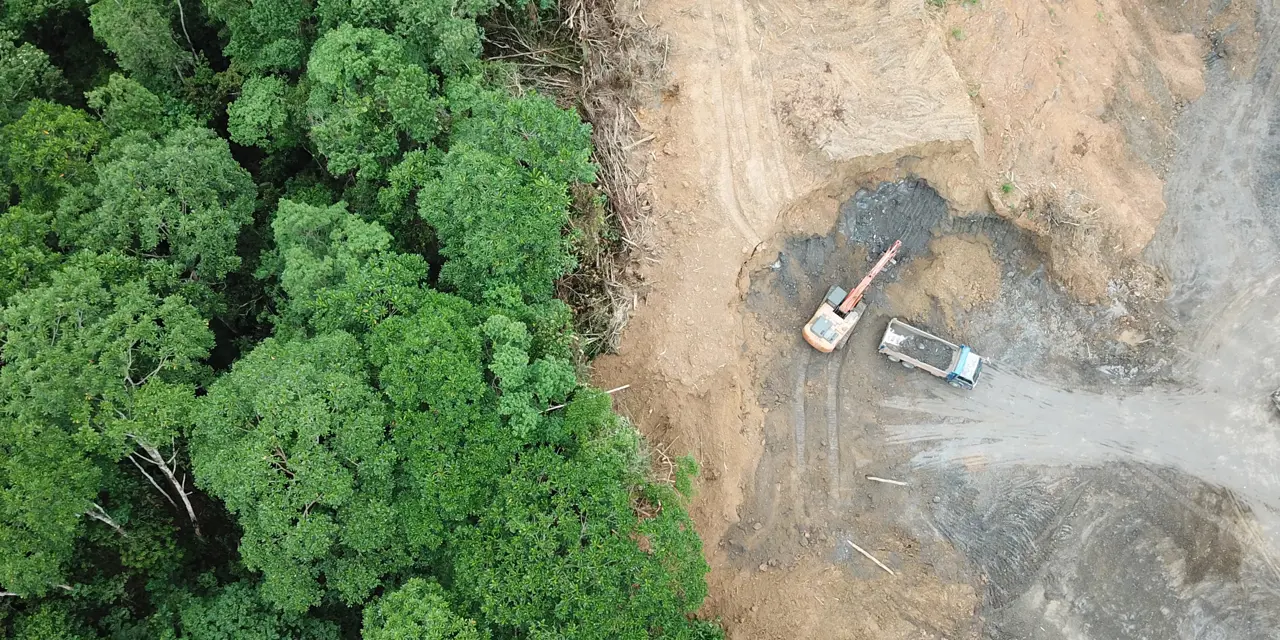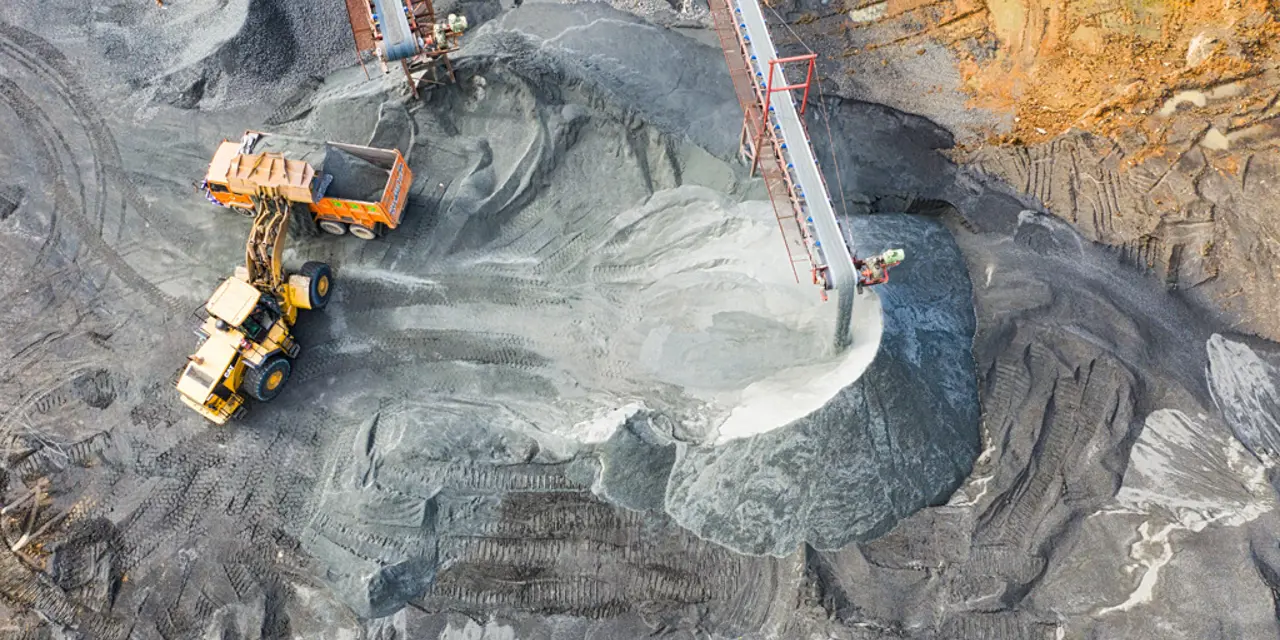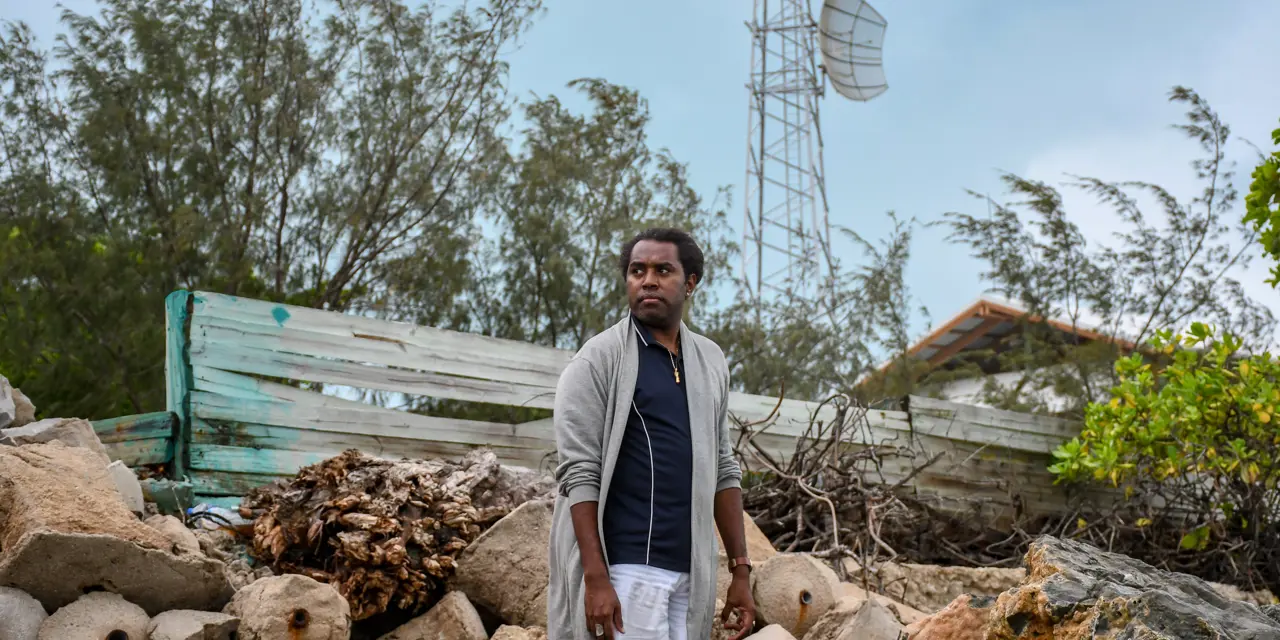ClientEarth Communications
5th November 2021


Over the past two weeks, world leaders have gathered in Glasgow for COP26. As conference president Alok Sharma reminded attendees, the summit represents our last, best chance to avoid the worst impacts of climate change.
And as we arrive at the end of COP26, a raft of commitments have emerged. In advance of a final agreement being reached, we round up the headlines both from the conference and from Westminster, and offer ClientEarth’s analysis of the progress made so far.
In the conference’s first major deal, 100 world leaders announced their commitment to ending and reversing deforestation by 2030, which includes almost £14bn of public and private funds.
Among the signatories on the day was Brazil, home to the vastly deforested Amazon rainforest.
Brian Rohan, our Head of Forests, said this of the pledge:
“The commitment from world leaders promising to end deforestation by 2030 is a positive step forward. But for it to translate into action, this commitment needs teeth. The New York Declaration of 2014 made a lot of promises to reduce deforestation. But without including binding measures, it failed to halt deforestation in any meaningful way.
“For this agreement to be different, it must first address how deforestation is defined and measured. Increased protection for local communities and Indigenous people must also be included.
“To ensure countries live up to their promises, robust monitoring is essential. And finally, accountability measures must be built into the way funds are allocated to prevent backsliding on the commitment.”

More than 100 countries have signed the Global Methane Pledge – a collective commitment to cut emissions of the potent greenhouse gas by 30% between 2020 and 2030. According to the latest assessment by the IPCC, methane has caused about 0.5°C of global warming to date.
The countries who have signed up to the pledge include half of the top 30 methane emitters.
The UK Treasury have revealed a set of steps to pour trillions of pounds into tackling climate change.
Among other measures, it announced that most UK-listed companies will have to set out detailed public plans for how they will move to a low-carbon future by 2023, with standards set out by an expert panel. This is in line with the UK’s target to reach net zero by 2050.
Chancellor Rishi Sunak claimed that the UK was leading the world in becoming the "first ever net-zero aligned global financial centre".
Our CEO, James Thornton, said:
"System-level shifts towards net zero are urgently needed, and we are encouraged by the UK's ambition to create a net-zero aligned global financial centre. Whilst we welcome the proposals as a positive step, to demonstrate real global leadership on climate, the Treasury should require all companies to set out how they will adapt to a low carbon future. Limiting these plans to UK-listed firms misses a key opportunity. Every company, regardless of size, will need to play its part in this transition.
The UK market is still hooked on fossil fuels. It remains easy for carbon-intensive companies to list on the London Stock Exchange, without additional disclosure burdens or barriers for detriment. If this is not urgently addressed, the UK risks undermining its green finance leadership and acting in a manner detrimental to investors’ interests.
Transition plans must be underpinned by the latest scientific evidence, transparently disclosed, and contain accountability provisions so that these rules are effective at driving investment in green projects."
More than 40 countries have committed to shift away from coal, including coal-reliant countries like Poland, Vietnam and Chile.
Of this development, James Thornton commented:
“Having no clear deadline to end our reliance on coal is disappointing. Current pledges and dates are too loose if we are to halve emissions by 2030 and meet net zero by 2050.”

Thousands of young people, deeply concerned about the effect climate change will have on their future, took to the streets of Glasgow to strike from school and protest, in response to COP26.
Last week, young delegates from around the world were making their voices heard at the 16th Conference of Youth (COY). COY brings together representatives of the world’s youth, and empowers them by formally including their voices in the UNFCCC processes that shape intergovernmental policies on climate change.
This culminated in the official youth policy paper, featuring the Global Youth Statement – a collection of demands that have been shaped by the input of all COY delegates. The statement was presented to COP26 president Alok Sharma on Sunday, feeding into the UN Climate Negotiations as the official representation of the voice of global youth.
Protests, mobilisations and marches took place the world over, for climate activists to unite with a common goal - to demand governments and corporations limit global temperatures to 1.5°C, and deliver real and just solutions to the climate crisis.
In Glasgow, a march was led by Indigenous groups and communities on the frontline of climate change.

There was a lot of attention on the need to provide funding for less developed countries. The developed world had previously pledged $100bn a year to help poorer countries adapt to a warming planet but according to the UN this target was not met. There was strong demand for COP26 to deliver greater financial commitments.
Early on, a number of countries announced new climate finance pledges to help less developed nations. The USA, UK, Canada, Japan, Norway and Spain have all pledged money to go towards climate adaptation, estimated to amount to $96bn a year by the end of 2022. The UK government have said it is confident of meeting the initial promised target of $100bn a year by 2023. But the LDC group representing the least developed nations, says this delay in meeting the target is unacceptable, and they need sufficient financial support now.
At ClientEarth, we believe that we need to see much greater funding to support the transition to a net zero world and adaptation to the ever-increasing impacts of climate change on the world’s citizens, particularly those 6.5 billion people living in developing nations. This will require countries, companies, financial institutions and investors to consider climate change in every financial decision that they make. Developed countries must deliver the $100 billion climate finance support for developing countries and increase their support in line with the increasing cost of adapting to a warming world.
The planet’s two biggest emitters of CO2 have pledged to act in a joint declaration, promising to ‘recall their firm commitment to work together’ towards achieving the 1.5C global temperature goal set out in the 2015 Paris Agreement. In the joint declaration, steps were agreed on many issues, including transitioning to clean energy, de-carbonisation and methane emissions, despite China refusing to join an agreement to limit methane earlier during COP.
US President Joe Biden and China President Xi Jinping are expected to hold a virtual meeting potentially next week.
As the host nation of COP26, the UK, promised ‘the most inclusive COP ever’, but many claim that this promise has gone unfulfilled, particularly with regard to the world’s Indigenous communities, and those from the Global South.
Delays in visa applications and accreditation to attend the conference, financial restraints prohibiting travel to Glasgow, changing travel rules and lack of access to Covid-19 vaccines have all contributed to a lack of representation for the groups who have largely contributed the least to climate change, but are affected the most.

A new COP26 draft agreement put more pressure on governments to urgently fight climate change - it asks countries to showcase their plans to reduce greenhouse gas emissions at a much greater speed than before. It also calls on countries to strengthen financial support for less developed countries in the climate fight.
However, the agreement also softens commitments to reduce coal and other fossil fuel usage.
Negotiations over the contents of the final agreement could go on late into Friday – the official end of COP26 – or even longer.
We believe that for COP26 to be truly successful, we need to see the following: